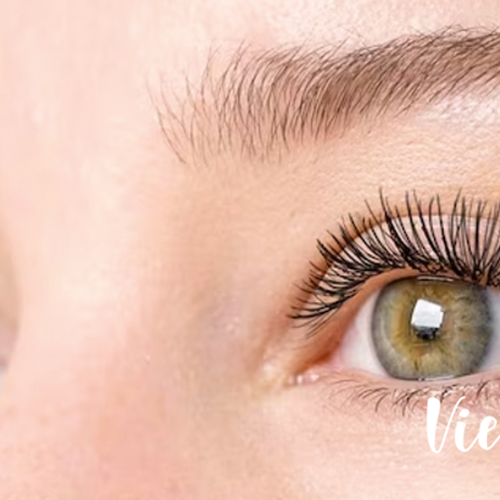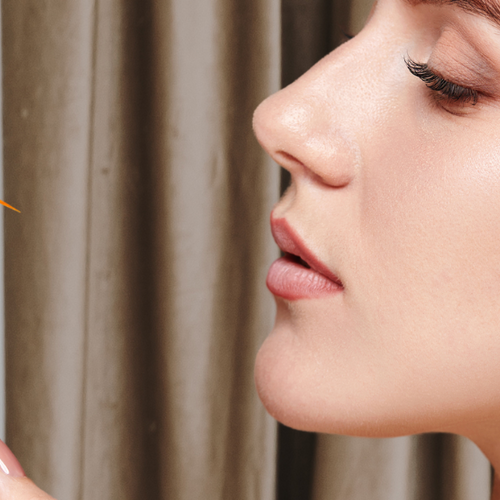Ah, the sweet tooth—the irresistible urge for sugary delights that can turn even the most disciplined eater into a dessert enthusiast. Whether it's a piece of chocolate, a slice of cake, or a scoop of ice cream, our cravings for sugar can sometimes feel impossible to control. But do you wonder what’s really behind these cravings, and how do they impact our health? Remember last time when we talked about the key lifestyle changes for whiter teeth and healthier gums? One lifestyle change is to 'watch what you eat'. We had a brief discussion about how having sweet tooth affects your teeth and overall oral hygiene. In this blog, we’ll dive deep into the complex world of sugar, exploring both the sweet rewards and the potential risks associated with indulging your sweet tooth.

The Allure of Sugar
Sugar has been a beloved part of human diets for centuries, and it’s no wonder why. Our brains are wired to respond positively to sweet tastes, which are often associated with energy and pleasure. When we consume sugar, our brain releases dopamine, a neurotransmitter linked to pleasure and reward. This explains why a sugary treat can feel so satisfying and why we might crave more after the first bite.
The Rewards of a Sweet Tooth
-
Mood Boost: In moderation, sugar can provide a quick energy boost and improve your mood. The dopamine release associated with sugar can create a temporary sense of happiness and well-being.

-
Social and Cultural Enjoyment: Sweet treats often play a significant role in celebrations and social gatherings. Sharing desserts can enhance social bonds and create positive memories.

-
Quick Energy: Also known as "Sugar Rush". Sugar provides a rapid source of energy, which can be beneficial in situations where you need a quick pick-me-up. This effect is believed to occur because sugar rapidly increases blood glucose levels, leading to a quick, short-term surge in energy.

-
Creativity in Cooking: The versatility of sugar in recipes allows for a wide range of creative and delicious desserts. Baking and experimenting with sweet recipes can be a fun and rewarding hobby.

The Risks of a Sweet Tooth
-
Weight Gain: Excessive sugar consumption can contribute to weight gain and obesity. Sugary foods are often high in calories with little nutritional value, leading to an imbalance in your diet.

The Risks of a Sweet Tooth
-
Weight Gain: Excessive sugar consumption can contribute to weight gain and obesity. Sugary foods are often high in calories with little nutritional value, leading to an imbalance in your diet.

-
Dental Health Issues: Sugar is a major culprit in tooth decay. It feeds harmful bacteria in the mouth, which produce acids that erode tooth enamel and lead to cavities.

Related Article: https://viebeauti.com/blogs/index/the-path-to-a-brighter-smile-key-lifestyle-changes-for-whiter-teeth-and-healthier-gums-
Blood Sugar Fluctuations: This is "Sugar Rush" followed by a "Sugar Crash". Frequent consumption of sugary foods can cause spikes and crashes in blood sugar levels, leading to energy dips and mood swings.

Finding Balance
The key to enjoying your sweet tooth without suffering the negative consequences is moderation. Here are a few tips to help you strike a balance:
Opt for Natural Sweeteners: Whenever possible, choose natural sweeteners like honey or maple syrup, which may offer some additional nutrients compared to refined sugar.
Incorporate Fruit: Fresh fruit can satisfy your sugar cravings while providing essential vitamins, minerals, and fiber.

Practice Portion Control: Enjoy sweets in small portions to avoid overindulgence. A little treat can go a long way in satisfying your cravings without derailing your health goals.

Stay Hydrated: Sometimes cravings can be mistaken for thirst. Drinking plenty of water can help manage your sweet tooth and keep you feeling full.

Focus on Balanced Meals: Eating a well-balanced diet rich in protein, fiber, and healthy fats can help stabilize your blood sugar levels and reduce cravings for sugary snacks.

Practice Healthy Oral Hygiene: For a healthy oral hygiene, it is recommended to brush your teeth at least twice a day with fluoride toothpaste for at least two minutes each time you brush. This recommendation is from the American Dental Association. Aim for two minutes of brushing with a soft brush angled at 45 degrees. Replace your toothbrush every two months to keep bacteria at bay. Complement your brushing routine by flossing after meals to remove food particles and prevent plaque buildup. You can also add whitening products such as teeth whitening gel pen or teeth whitening kit, which effortlessly removes stains caused by your sweet tooth for a brighter smile while being gentle on sensitive teeth.

Products Recommended:A sweet tooth isn’t necessarily a bad thing—it’s a natural part of human behavior with both benefits and risks. By understanding how sugar impacts your body and making mindful choices, you can enjoy your favorite treats while maintaining a healthy lifestyle. So, go ahead and savor that piece of chocolate or that slice of cake, but remember to balance it with healthy habits and moderation. Your taste buds and your body will thank you! -






0 comments